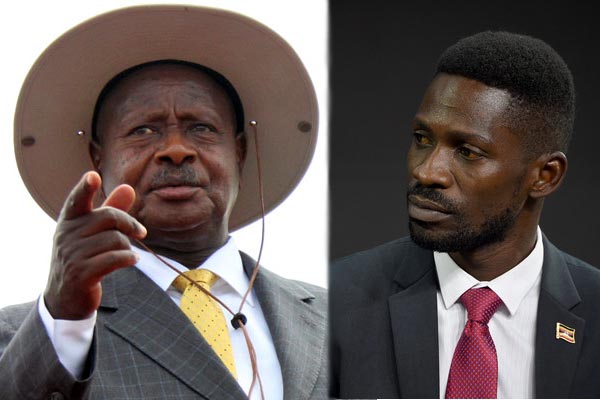
This week Kenyans took to social media with the hashtag #FreeBobiWine to express support for Robert Kyagulanyi, the Uganda Member of Parliament popularly known as Bobi Wine. Kyagulanyi was arrested and allegedly tortured by Ugandan security forces on suspicion of illegal possession of firearms. However, most observers within and outside Uganda believe that he is being unfairly targeted by General Yoweri Museveni because of the threat he poses to his increasingly ineffective regime.
Museveni has been in power since 1986. And while he can claim credit for having stabilised Uganda in the wake of Idi Amin’s terror, over the last two decades he has become little more than a millstone around Uganda’s neck. To entrench his dictatorial rule, Museveni abolished term limits in 2005. In 2017 he abolished presidential age limits, essentially crowning himself president for life.